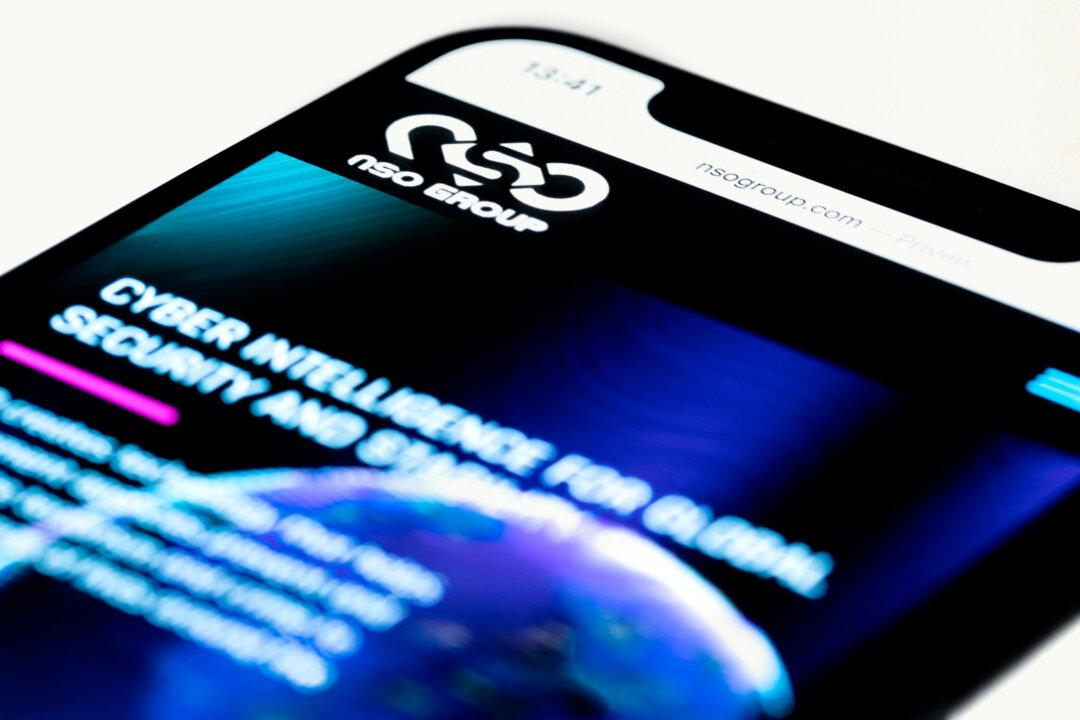A California jury awarded Meta nearly $168 million in compensation on May 6 in a privacy case against Israeli spyware company NSO Group.
In October 2019, WhatsApp and Facebook, which both operate under Meta, filed a lawsuit against NSO Group. The complaint alleged that in April and May 2019, NSO used WhatsApp services to “send malware to approximately 1,400 mobile phones and devices” to surveil users of those devices.





